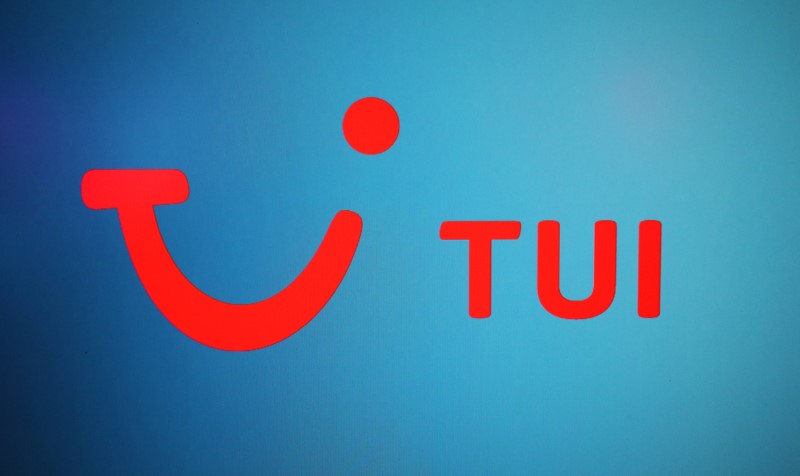By Geoffrey Smith
Investing.com -- Day by day, the evidence mounts that the effects of the coronavirus on some parts of the economy will be not only long-lasting, but permanent.
Europe’s biggest tour operator Tui (DE:TUIGn) said on Wednesday it wants to “reinvent the holiday” in response to Covid-19 getting busy 'reinventing' the travel industry.
But what does reinvention mean?
According to CEO Fritz Joussen’s statement, “new destinations, changed travel seasons, new local offerings, more digitalization."
The last of those, in particular, means bad news for Tui staff, around 8,000 of whom now face the axe in the wake of the group’s update for its fiscal first half.
But what to make of the rest of it? New destinations? Tui’s catalogue already covers the globe. ‘New local offerings’? The group’s traditional selling point has been facilitating affordable and reliable access to places so distant that travellers value the support a tour operator offers. Will they need Tui’s help to ‘discover’ what have so far been less desirable places closer to home?
‘Changed travel seasons’? Unless it can change school holiday timetables at the same time, the impact will be confined to older customers, whose willingness to travel at any time is being hit particularly hard due to their vulnerability to the virus.
Investors were unimpressed, pushing the stock down 3.4% on a day when the German Dax lost 1.6% and the Stoxx 600 lost 1.4%.
As a large employer, even after the planned 8,000 job cuts, Tui can be confident of generous government support – it already has a €1.8 billion bridge loan from the German government. Additionally, the company’s cash burn is being eased by the adoption, where possible, of refunding disappointed customers with vouchers rather than money.
But with the summer program all but done for (bookings are now down 36% on the year, and the delivery of any services remains at the mercy of national lockdown measures) it’s still hard to put a positive spin on what the company calls “unquestionably the greatest crisis the industry and Tui has (sic) ever faced.”
The best thing one can say is that, unlike haircuts and after-work socializing, demand will be more pent-up than permanently lost, allowing for a rebound when consumer confidence returns. Winter bookings in the U.K., Tui’s second-most important market, are up 8% from a year earlier, as optimists look for a change of scenery to break the monotony as soon as possible.
However, it’s hard to make an argument for an old-style incumbent like Tui leading the rebound, even when it does come, unless it can magically guarantee and demonstrate industry-leading standards of safety. That seems too remote a hope to make the stock attractive, even at today’s bombed-out levels.
